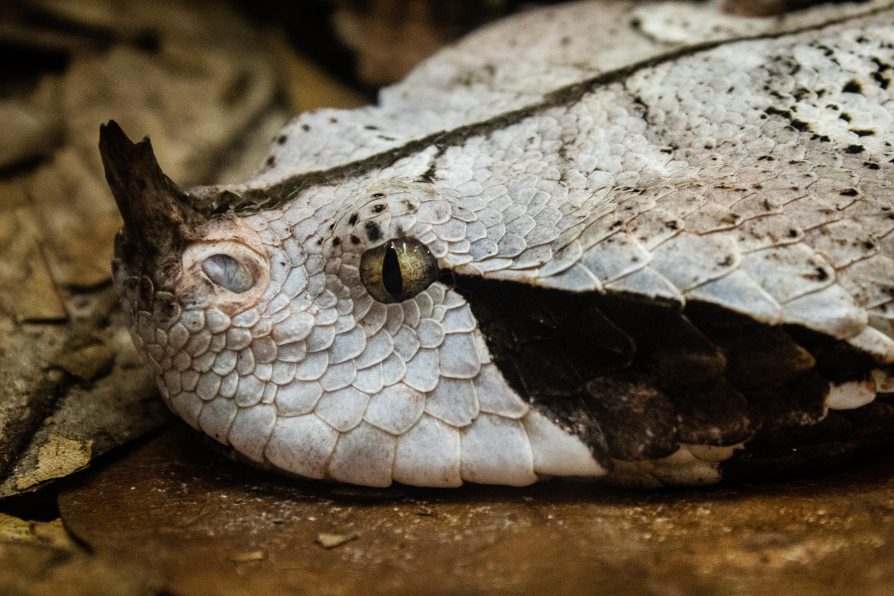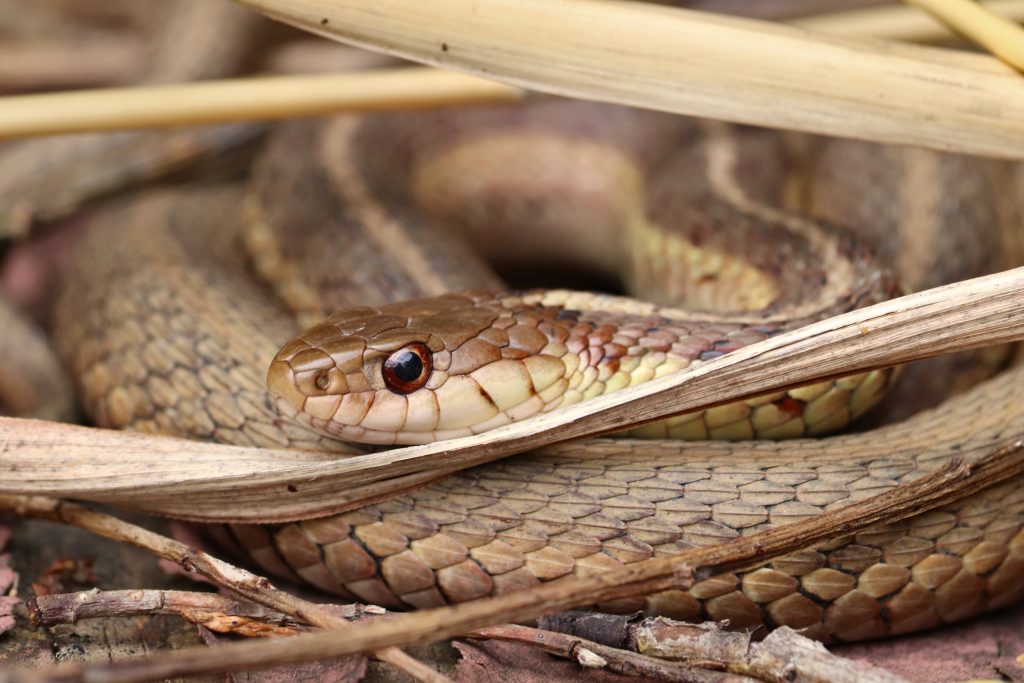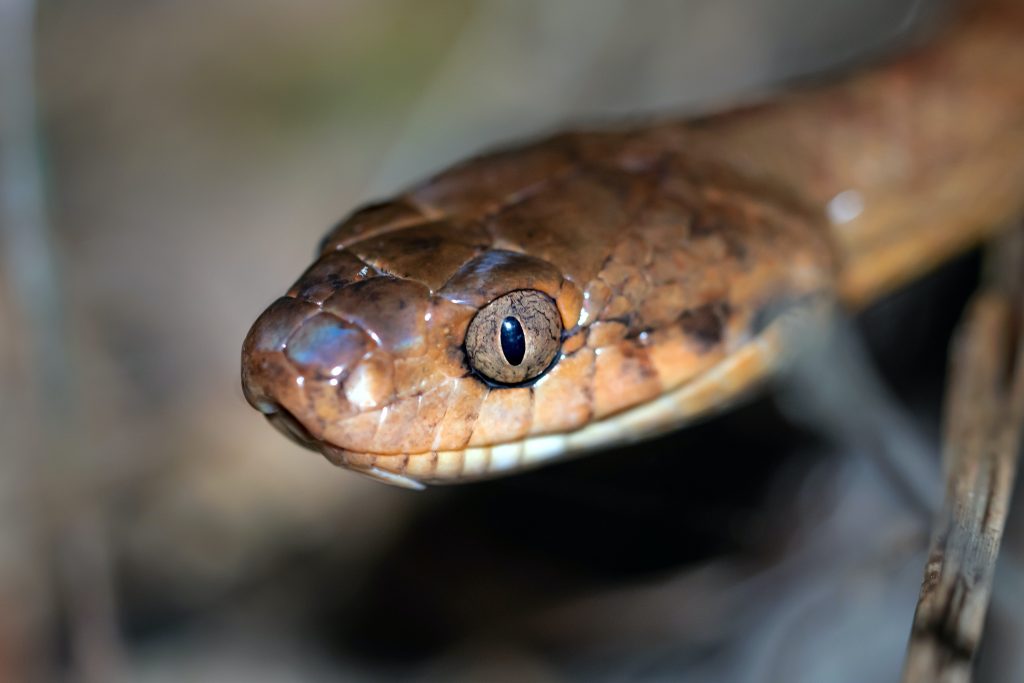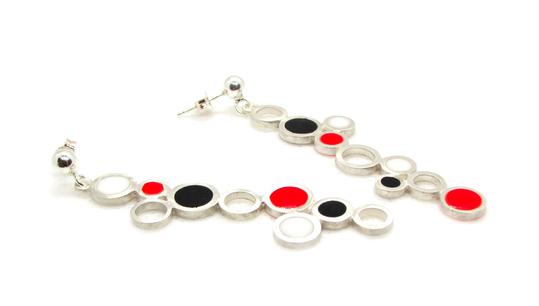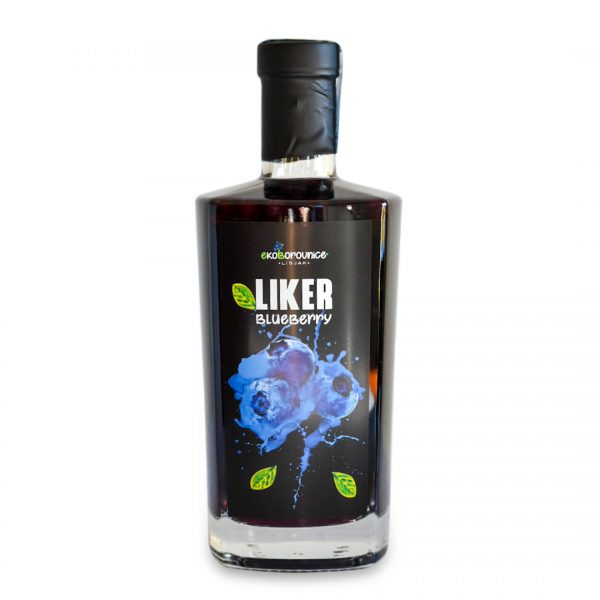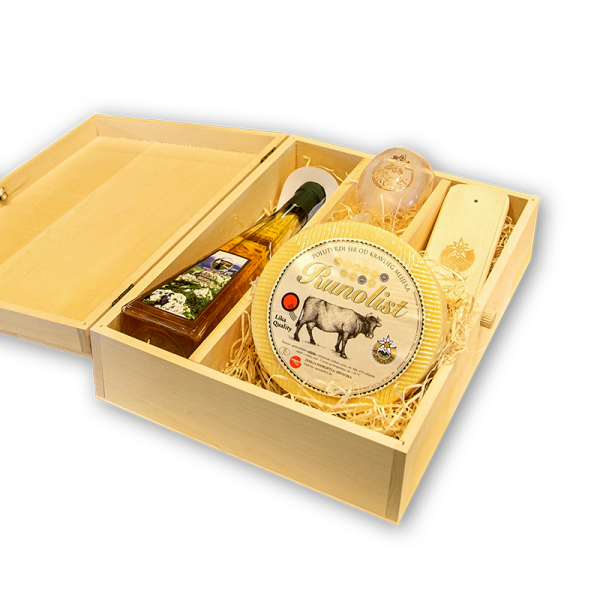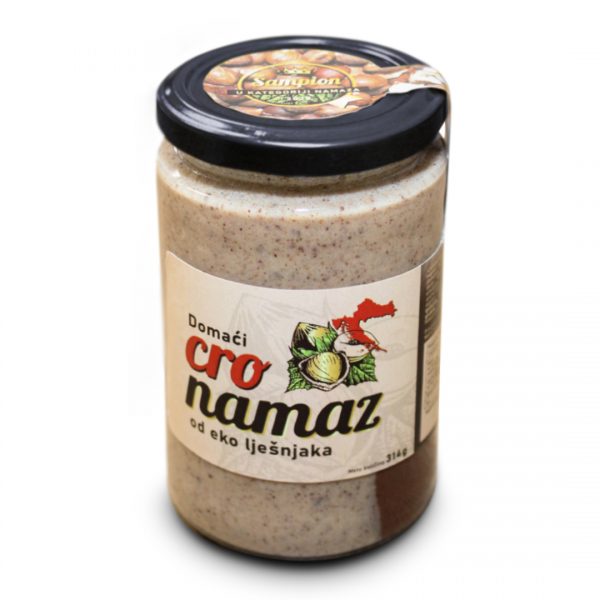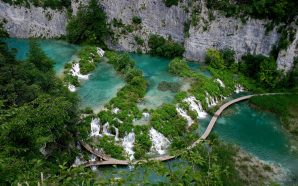Throughout history, snakes have endured widespread hatred, condemnation, and persecution, often being associated with malevolence, leading to their extermination. To gain a comprehensive understanding of these creatures, it becomes imperative to conquer our fears, overcome prejudices, and dispel ignorance.
Snakes are a species of vertebrate that are classified as cold-blooded, meaning that they regulate their external temperature. This means that they prefer to live in warmer climates, but surprisingly, they can also survive in snow-covered areas and aquatic habitats. When faced with extreme cold or extreme heat, they may choose to hibernate during the winter months and aestivize during the summer months. Certain species, such as horned vipers, may remain active at night or in the evening when the day is hot.
Their diet encompasses small birds, mammals, eggs, amphibians, lizards, fish, and insects.
Despite their predatory nature, snakes are acutely aware that humans pose a greater threat to them than they do to us, hence their inclination to hide.
Croatia is home to 15 snake species, with as many as six found in the Plitvice Lakes National Park. Notably, the common European adder (Vipera berus) and the horned viper (Vipera ammodytes) are the venomous snake species inhabiting this area. Non-venomous species also thrive here, including the Aesculapian snake (Zamenis longissimus), the smooth snake (Coronella austriaca), the grass snake (Natrix natrix), and the dice snake (Natrix tessellata).
Snakes are one of the most endangered animal species in the world today. Road infrastructure, habitat loss, uncontrolled urban development, illegal killing, overcollection, and pollution are just a few of the primary causes of their decline. Throughout history, snakes have often been portrayed as evil and evil-willed creatures, leading to unnecessary deaths.
However, a deeper exploration of their ecological role reveals their significance. Snakes serve as effective pest controllers, primarily preying on small mammals. Each species, like every other, plays an irreplaceable role in maintaining the ecological balance, an understanding that humanity must embrace.
PHOTOS: Unsplash

